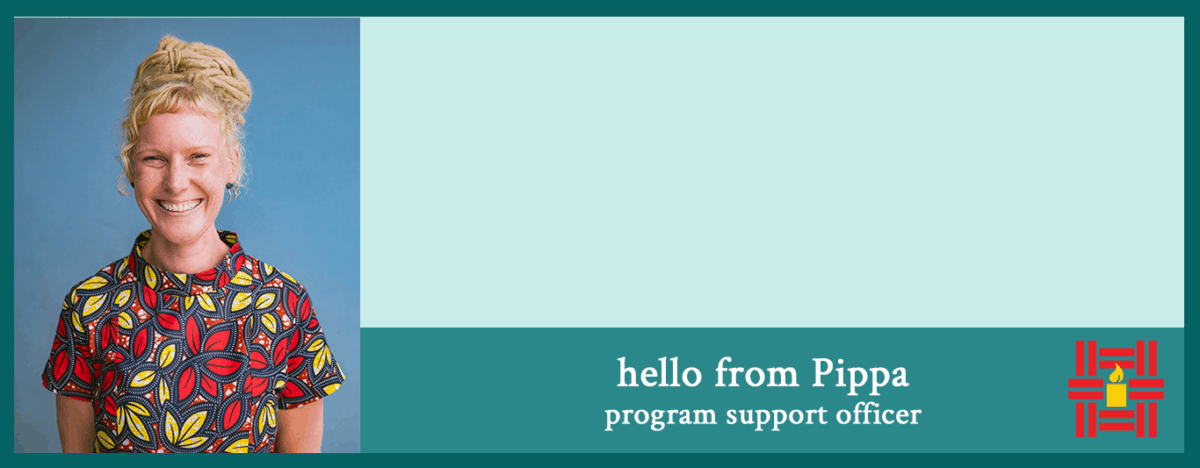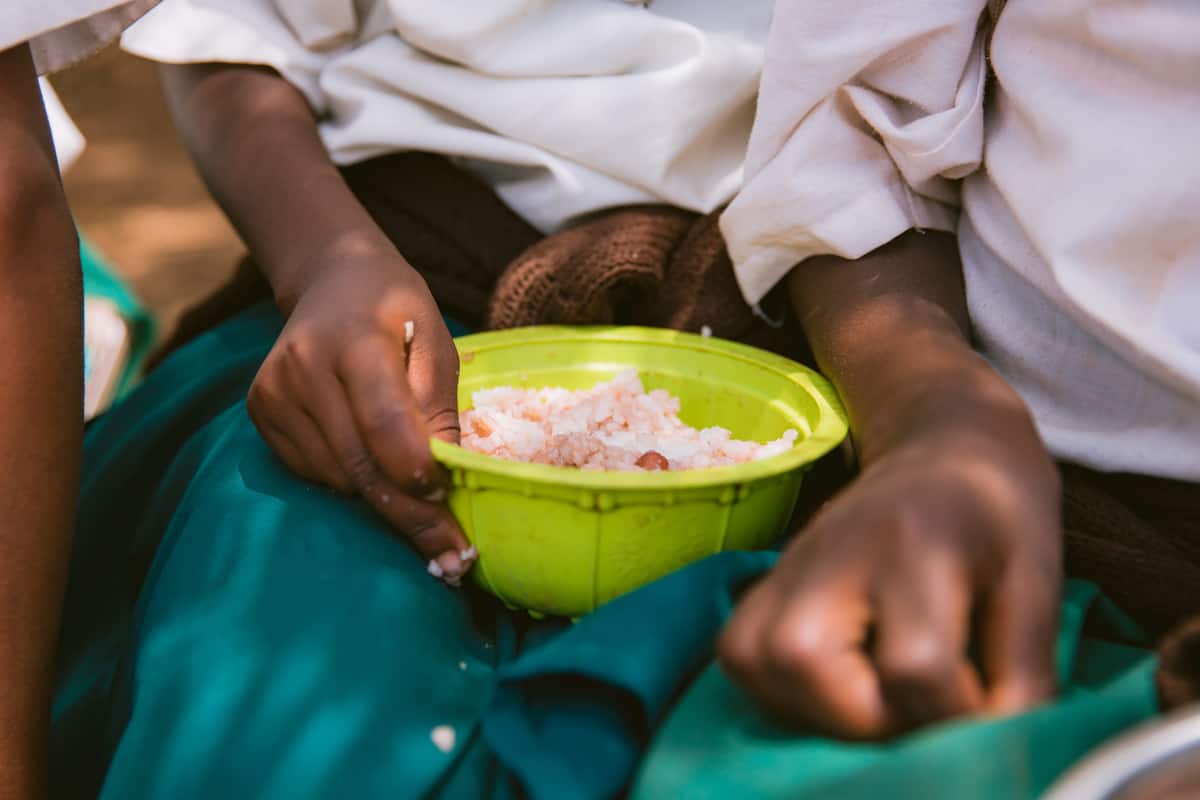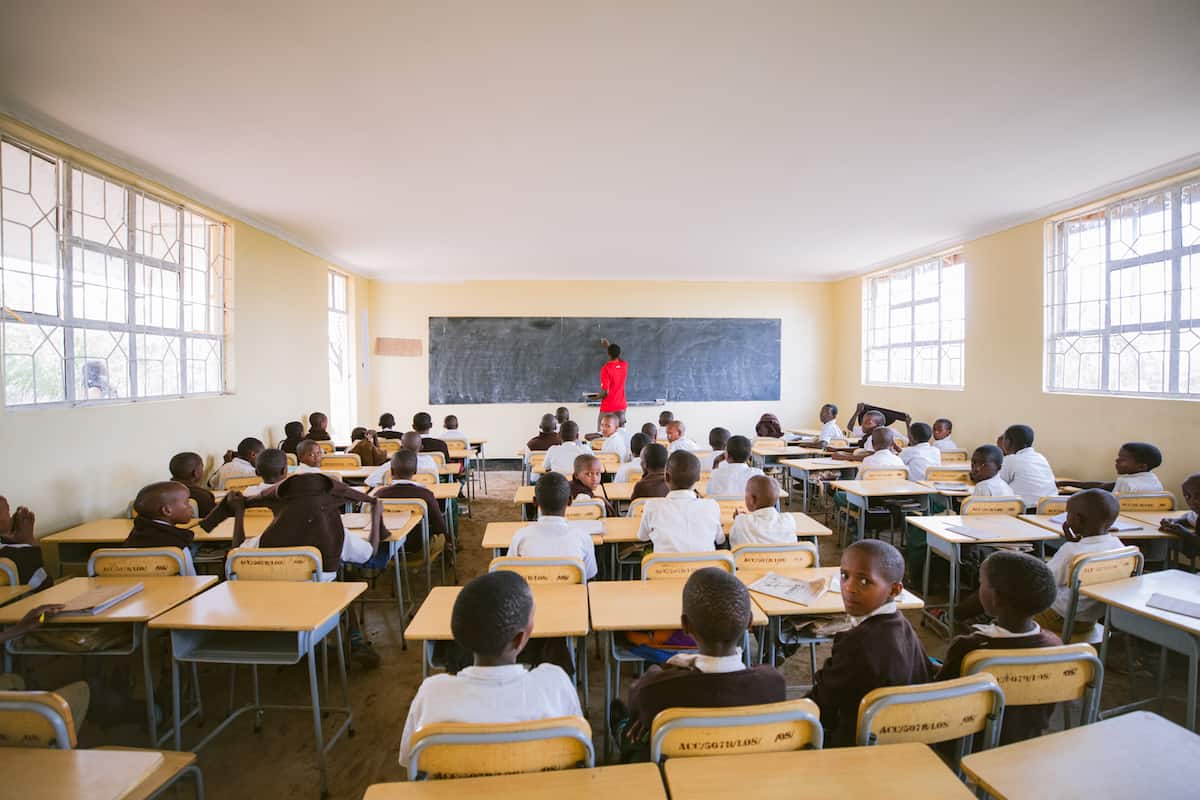
June 28, 2019
How difficult do you think it is to get an education in a developing country? Most of us in developed countries have grown up in families that, at the very least, recognise the value of schooling. We probably knew where our next meal was coming from; more than likely we had access to reasonable medical help when we needed it and were raised with a good understanding of hygiene. Probably. The odds are in our favour there.
But when you are born in a developing country, like Tanzania, the probability changes. Your parents are less likely to understand the value of education and might prefer to keep you at home to supervise the animals or help with the chores. You may not get three meals a day, perhaps because the rains haven’t come, or there’s not enough to go around you and all your siblings. You may not be in a situation where you can care for yourself well enough to not get sick, maybe because of poverty or little understanding of good hygiene practices.

This is where it gets tricky. How do you help shift the odds so that children are more likely to find themselves in a situation where they can actually get that life-changing education in a context where they can thrive? Sadly, not every child can be a TFFT scholar, so how can we, as the TFFT community, help those other students who don’t get that opportunity, yet are still in desperate need?
TFFT tackles these issues in several ways. Not only does the Teacher Training Program look at ways of building partnerships with schools centred around providing quality, relevant and supported professional development for teachers, but TFFT works to help create the best learning environment for Tanzanian school children in myriad ways. Other projects that have helped to improve the educational situation for these kids are things like the school feeding program, and the building of pit latrines.
If parents aren’t motivated to send their children to school, in spite of the government directive, create a secondary reason: the child will be fed if they come to school. We are the on-the-ground distribution partner for The Lunch Project. The feeding programs initiated at four new partner schools and has had an impact on school attendance levels, as students know they will get a free hot meal, so that helps to get them there – regardless of the attitude to schooling. And not only that, it helps them to concentrate: if your stomach is full, then your brain and body work better, so you’ll gain more from you time at school.

Another project that TFFT is currently working on is the building of 10 pit latrines at Sinon Primary School in collaboration with WaterBridge Outreach. Here again we have the chance to increase quality of education through reducing the risks associated with poor hygiene and communal living. The pit latrine project came about because for the 3,499 students at the school, they only have 29 toilets; that’s 121 children sharing the one toilet! This is a huge challenge for students and can be a real deterrent for them to attend school, especially for girls. The government is contributing another 20 latrines as well, which combined will double the number at the school, making a marked difference for those children.
So even though TFFT mainly serves students other than our scholars through teacher training, our approach is holistic, recognising that there are so many interrelated factors impacting the chance of success in a child’s education. No, we can’t reduce class sizes, or increase salaries, but we can support small changes, one school at a time, that make the educational environment as conducive to success as possible for the kids at that school. And that’s really what out aim is: we make the difference that we can.

Of course, we do still prioritise supporting under-resourced teachers, who are so often driven by passion, dedication and hope, but who lack the opportunities and means to maximise their professional impact. TFFT is always looking for new ways to tap into the teaching community here, both private and public, to seek out opportunities for connection and collaborative, working towards a sustainable system of professional development through our Teachers Training program. By carefully gathering data when we first enter into partnership with a school, we can really isolate areas of need, and then monitor the impact we have in real measurable ways. It’s such a gift to be able to demonstrate this to the teachers we work with, so that they can see the improvements, even the small ones. Just a taste of this, and we find the teachers’ commitment increases – they see, perhaps more than before, that they can be a driving force for change. And thus the teachers are better able to make the difference that they can.
